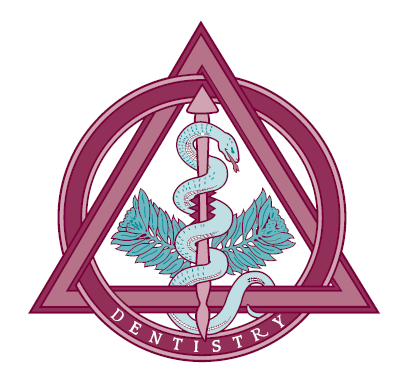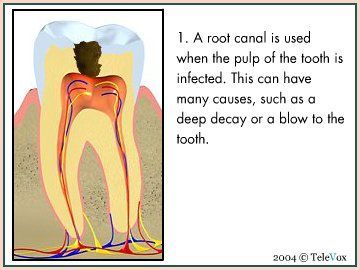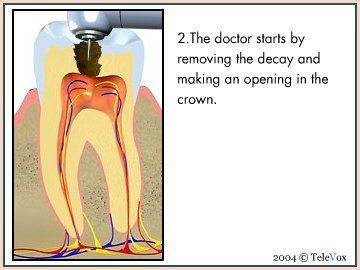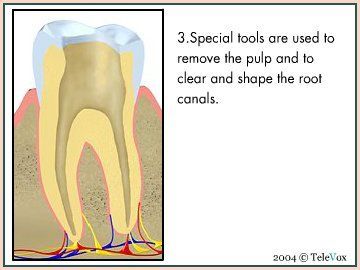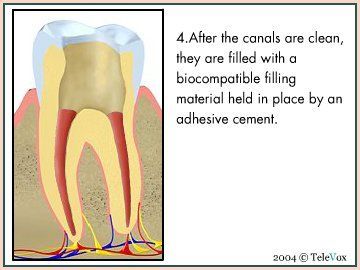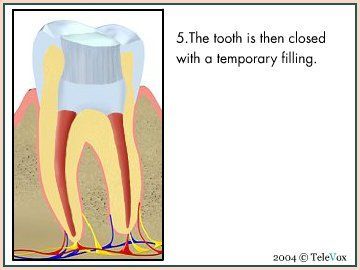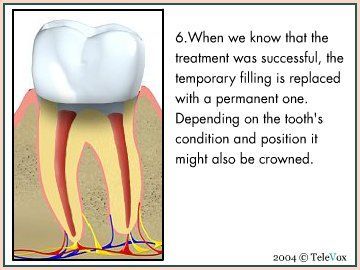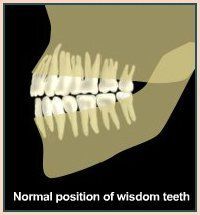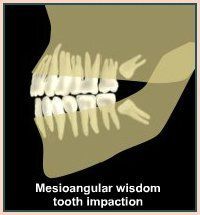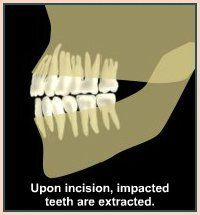General Dentistry for the Entire Family
Our practice can provide a wide range of dental services. We can typically provide every type of dental service without referring you to other specialties. We aim to save you time and offer total dental care within one practice.
Our emphasis is on comprehensive preventive care for our patients. Complete care begins with regular hygiene visits, checkups, and continued home oral health routines.
Leslie M Woodell, DDS, PC of Plymouth, MI, provides the highest-quality services for restoring mouths damaged by dental disease, injury, and common problems requiring cosmetic dentistry. Our primary goal for our patients is to achieve and maintain optimum oral health through advances in techniques, technologies and by keeping their scheduled dental exams.
Fillings
The concept of a "filling" is replacing and restoring your tooth structure that is damaged due to decay or fracture with a material. We have several materials to choose from to suit any situation.
With today's advancements, no longer will you have to suffer the embarrassment of unsightly and unhealthy silver/mercury fillings or metal margins of the past. Eliminate the dark, black appearance in your teeth with new-age, state-of-the-art, tooth-colored resin or porcelain materials.
Comparing White Fillings Versus Silver Amalgam Fillings:
- White fillings bond to the tooth; they strengthen the tooth by restoring most of its original shape. Silver amalgams can possibly weaken the teeth and make them more susceptible to breaking. Broken teeth can be very expensive to replace.
- White filling (composites) is preferred by most patients. This is due to the natural color, strength and overall appearance and feel.
- Hot and cold sensitivity is greatly reduced with composite material compared to the silver amalgams.
- Restorations with composites require less removal of tooth, less structure to place than those with amalgams and especially with new cavities. Dramatically smaller holes are needed with a composite.
Root Canal
A root canal is a procedure that extracts dying pulp from the central part of the tooth, reshapes the canal and replaces it with biocompatible filler.
A cavity is the result of superficial decay of the enamel of the tooth. Left long enough, this decay can burrow into the deeper reaches of the tooth, causing extensive damage to tooth structure. When the damage goes beyond what can be treated with a filling, dentists can perform a root canal (or endodontics), preserving the tooth and retaining its original integrity; thereby, saving a tooth that in the past would have to have been pulled.
Procedure:
- The patient undergoes anesthesia.
- A dental dam is used to isolate the tooth.
- The tooth is opened to allow for removal of infected or dead dental pulp.
- The tooth is comprehensively cleaned, including any cracks and canals.
- With special tools, the doctor reshapes the canals.
- The tooth is filled again with cutting edge biocompatible filling material.
- A temporary covering is used to cover the access opening.
- Patients MUST see their regular dentist quickly for a permanent restoration of the tooth.
Tooth Extractions
Your third molars are more commonly called "wisdom teeth." Usually appearing in the late teens or early twenties, third molars often lack the proper space in the jaw to erupt fully or even at all. This common condition is called impaction. When any tooth lacks the space to come through or simply develops in the wrong place of your jaw and becomes impacted, problems can arise. Primarily, damage to adjacent teeth and crowding occur.
In certain cases, the wisdom tooth that cannot come through becomes inflamed under the gums and in the jawbone, causing a sac to develop around the root of the tooth that then fills with liquid. This can cause a cyst or an abscess if it becomes infected. If either of these situations goes untreated, serious damage to the underlying bone and surrounding teeth and tissues can result.
Early Dental Care
Teething
Normally the first tooth erupts between ages 6 to 12 months. Gums are sore, tender, and sometimes irritable until the age of 3. Rubbing sore gums gently with a clean finger, the back of a cold spoon or a cold, wet cloth helps soothe the gums. Teething rings work well but avoid teething biscuits—they contain sugar that is not good for baby teeth.
While your baby is teething, it is important to monitor the teeth for signs of baby bottle decay. Examine the teeth, especially on the inside or the tongue side, every two weeks for dull spots (whiter than the tooth surface) or lines. A bottle containing anything other than water and left in an infant's mouth while sleeping can cause decay. This happens because sugar in the liquid mixes with bacteria in dental plaque, forming acids that attack the tooth enamel. Each time a child drinks liquid containing sugar, acids attack the teeth for about 20 minutes. When awake, saliva carries away the liquid. During sleep, the saliva flow significantly decreases and liquids pool around the child's teeth for long periods, covering the teeth in acids.
Why Primary Teeth Are Important
Primary teeth are important for several reasons:
- Foremost, good teeth allow a child to eat and maintain good nutrition.
- Healthy teeth allow for clear pronunciation and speech habits.
- The self-image that healthy teeth give a child is immeasurable.
- Primary teeth also guide eruption of the permanent teeth.
Infant’s New Teeth
The primary, or "baby," teeth play a crucial role in dental development. Without them, a child cannot chew food properly and has difficulty speaking clearly. Primary teeth are vital to development of the jaws and for guiding the permanent (secondary) teeth into place when they replace the primary teeth around age 6.
Since primary teeth guide the permanent teeth into place, infants with missing primary teeth or infants who prematurely lose primary teeth may require a space maintainer, a device used to hold the natural space open. Without a maintainer, the teeth can tilt toward the empty space and cause permanent teeth to come in crooked. Missing teeth should always be mentioned to your family dentist. The way your child cares for his/her primary teeth plays a critical role in how he/she treats the permanent teeth. Children and adults are equally susceptible to plaque and gum problems—hence, the need for regular care and dental checkups.
A Child’s First Dental Visit
A child's first dental visit could be scheduled around his/her first birthday. The most important part of the visit is getting to know and becoming comfortable with a doctor and his staff. A pleasant, comfortable first visit builds trust and helps put the child at ease during future dental visits. If possible, allow the child to sit in a parent's lap in the exam room. Children should be encouraged to discuss any fears or anxiety they feel.
Good Diet and Healthy Teeth
The teeth, bones and soft tissue of the mouth require a healthy, well-balanced diet. A variety of foods from the five food groups helps minimize (and avoid) cavities and other dental problems. Most snacks that children eat cause cavities, so children should only receive healthy foods like vegetables, low-fat yogurt and cheeses, which promote strong teeth.
Infant Tooth Eruption
A child's teeth actually start forming before birth. As early as 4 months of age, the primary or "baby" teeth push through the gums—the lower central incisors are first, then the upper central incisors. The remainder of the 20 primary teeth typically erupt by age 3, but the place and order vary.
Permanent teeth begin eruption around age 6, starting with the first molars and lower central incisors. This process continues until around age 21. Adults have 28 secondary (permanent) teeth—32 including the third molars (wisdom teeth).
Preventing Baby Bottle Tooth Decay
Tooth decay in infants can be minimized or totally prevented by not allowing sleeping infants to breast or bottle-feed. Infants that need a bottle to comfortably fall asleep should be given a water-filled bottle or a pacifier. Our office is dedicated to fighting baby bottle tooth decay. Let us know if you notice any signs of decay or anything unusual in your child's mouth.
Make sure your oral health is on the top of your priority list. Call (734) 459-2400.
